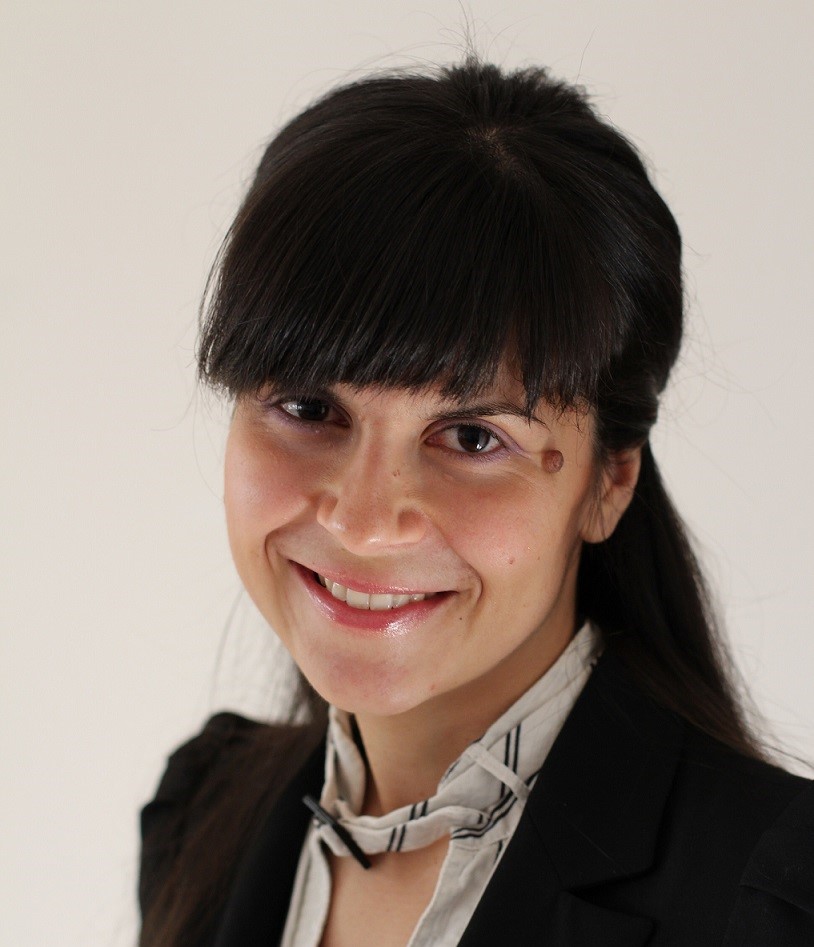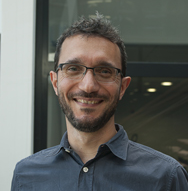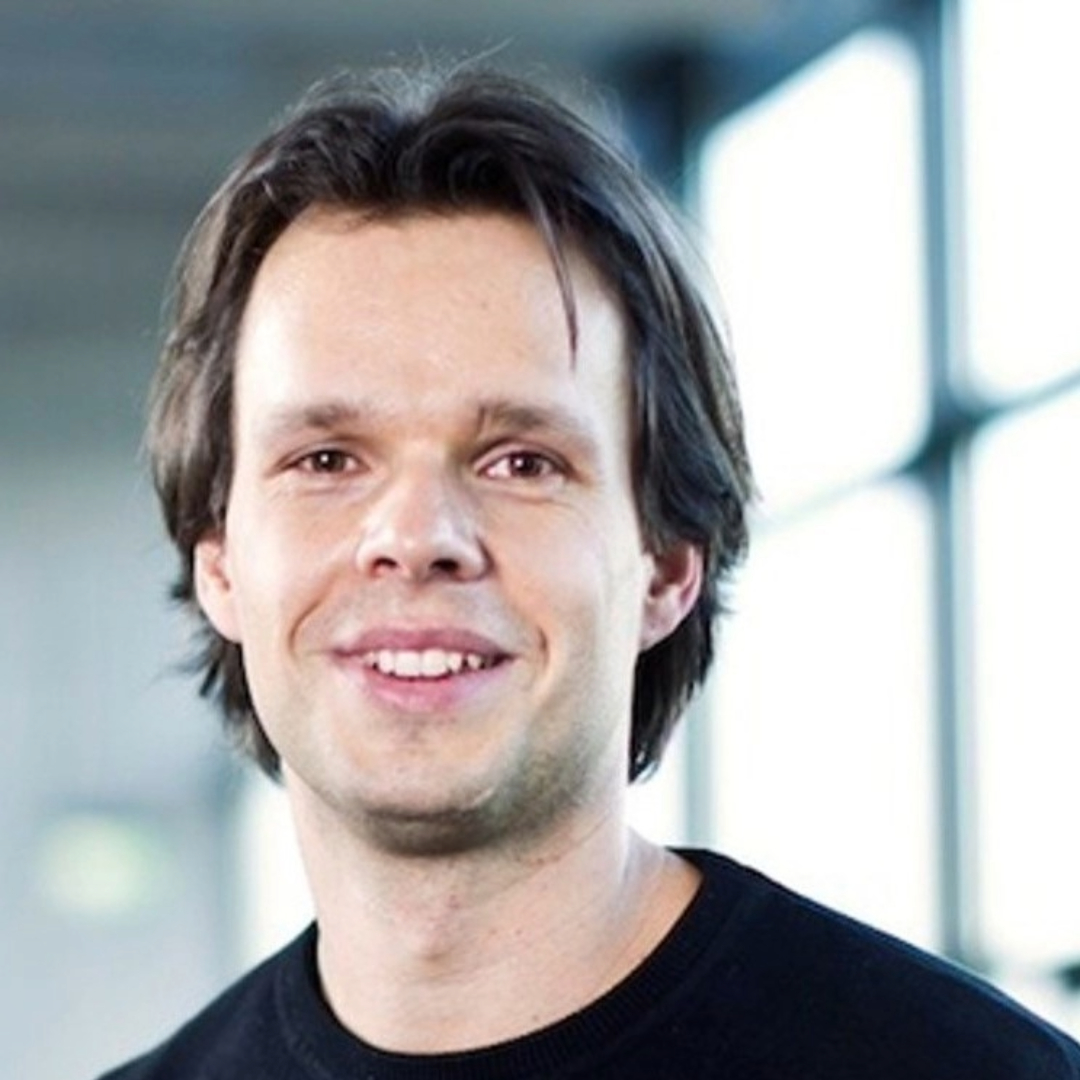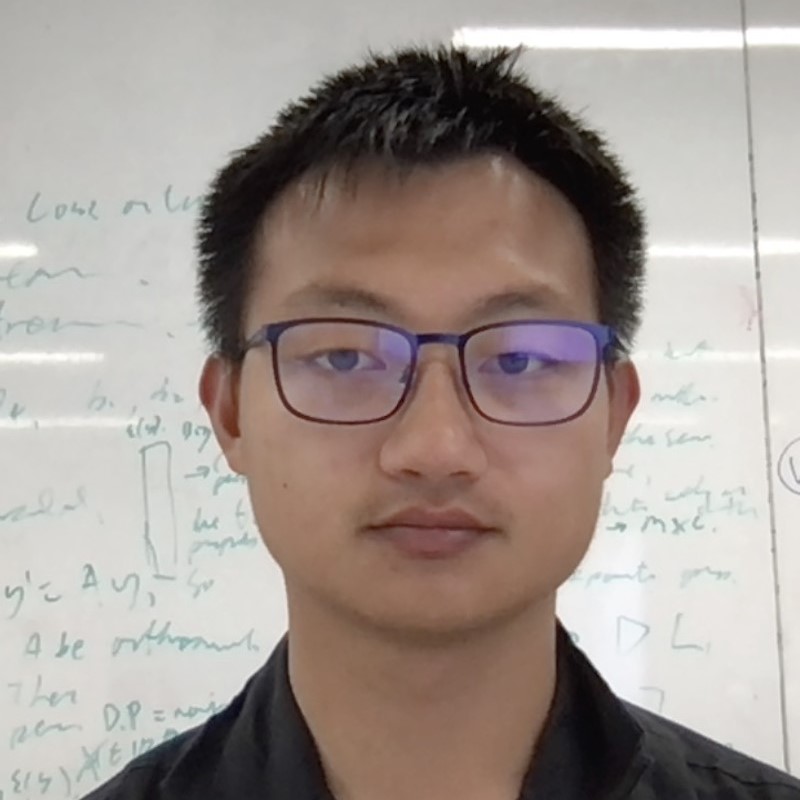KEYNOTES

Physical database design tuning with Multi-Armed Bandits: Reaching the holy grail of performance guarantees
Renata Borovica-Gajic, University of Melbourne
ABSTRACT. Optimizing physical database design is pivotal for achieving prompt query responses, a critical aspect of database setup. However, existing commercial solutions primarily rely on manual intervention by database administrators (DBAs) to identify and furnish suitable training workloads. This approach is becoming increasingly impractical as workloads evolve into more ad hoc patterns, exacerbating challenges, particularly with the prevalence of mixed OLTP and OLAP (HTAP) workloads. In this talk, I will discuss a novel self-driving method for real-time physical design tuning, circumventing the need for DBAs and query optimizers. Our approach involves strategic exploration and direct performance observation to discern optimal structures, treating the problem as sequential decision-making under uncertainty, and using the multi-armed bandit (MAB) framework to solve it. By balancing exploration and exploitation, DBA Bandits offer reliable performance, even in the face of unpredictable ad hoc and HTAP workloads, while providing long sought-after statistical guarantees on the efficacy of proposed design structures.
ABOUT. Dr Renata Borovica-Gajic holds the position of Senior Lecturer in Data Analytics and is an ARC DECRA Fellow at the School of Computing and Information Systems (CIS) at the University of Melbourne. Additionally, she serves as the Associate Dean (Diversity and Inclusion) within the Faculty of Engineering and IT. Her research focuses on the convergence of database systems, machine learning, artificial intelligence, and data-driven optimization and analytics. Her scholarly contributions are regularly featured in esteemed data management outlets such as SIGMOD, VLDB, and ICDE conferences, as well as in journals including VLDBJ, TKDE, and CSUR. Notable recognitions include the esteemed L'Oréal-UNESCO For Women in Science Award in 2023, the Test of Time Award at SIGMOD 2022, and the Google Award for Research Inclusion in 2021. Moreover, she has been honoured with Research Excellence Awards in 2022 and 2023, alongside Excellence in Teaching and Learning Awards in 2018 and 2020.

SQL and Large Language Models: A Marriage Made in Heaven?
Paolo Papotti , EURECOM
ABSTRACT. With the rise of pre-trained Large Language Models (LLMs), there is now an effective solution to store and use information extracted from massive corpora of documents. However, for data-intensive tasks over structured data, relational DBs and SQL queries are at the core of countless applications. While these two technologies may appear distant, in this talk we will see that they can interact effectively and with promising results. LLMs can help users express SQL queries (Semantic Parsing), but SQL queries can be used to evaluate LLMs (Benchmarking). Their combination can be further advanced, with opportunities to query with a unified SQL interface both LLMs and DBs. We present recent results on these topics and then conclude with an overview of the research challenges in effectively leveraging the combined power of SQL and LLMs.
ABOUT.Paolo Papotti is an Associate Professor at EURECOM, France since 2017. He got his PhD from Roma Tre University (Italy) in 2007 and had research positions at the Qatar Computing Research Institute (Qatar) and Arizona State University (USA). His research is focused on data management and, more recently, on NLP. He has authored more than 140 publications, and his work has been recognized with two “Best of the Conference” citations (SIGMOD 2009, VLDB 2016), three best demo award (SIGMOD 2015, DBA 2020, SIGMOD 2022), and two Google Faculty Research Award (2016, 2020).

Data Acquisition for AI
Fatemeh Nargesian, University of Rochester
ABSTRACT. Data science is increasingly reliant on the discovery and integration of data from diverse sources such as open data portals and data marketplaces. With a massive collection of data like a data lake, dataset discovery involves searching for relevant datasets to downstream data science tasks. For multiple disjoint data sources, data acquisition streamlines the integration of sources to compile a dataset that meets specific schema and distribution requirements. In this talk, I will first describe how to develop efficient algorithms for dataset discovery and data enrichment based on the join operation. I will then present a method to construct a navigational structure over data lakes, offering an alternative discovery approach to the conventional keyword search. Next, we will see how to perform distribution-aware discovery in order to tailor a dataset with a desired distribution from multiple sources, aiming to address group representation issues. Finally, I will conclude with a discussion on the challenges of developing data acquisition systems that support AI-based analytics.
ABOUT. Fatemeh Nargesian is an assistant professor of computer science at the University of Rochester. She obtained her PhD at the University of Toronto. Her research interests are in dataset discovery, distribution-aware data integration and data selection, and scientific time-series management. Her work has appeared at top-tier venues including VLDB, SIGMOD, and ICDE and received the best demo award of VLDB 2017.
ORGANISATION
Program committee:
- Syed Fawad Ali - Accenture Germany
- Matthias Boehm - TU Berlin
- Zhiwei Fan - Meta
- Hazar Harmouch - University of Amsterdam
- Zezhou Huang - Columbia University
- Madelon Hulsebros - University of California Berkeley
- Bojan Karlaš - Harvard Medical School
- Christos Koutras - TU Delft
- Yao Lu - National University of Singapore
- Manisha Lutra - TU Darmstadt
- Ryan Marcus - University of Pennsylvania
- Pedro Pedreira - Meta
- Ibrahim Sabek - University of Southern California
- Sebastian Shelter - University of Amsterdam
- Tuo Shi - City University of Hong Kong
- Roee Shraga - Worcester Polytechnic Institute
- Utku Sirin - Harvard University
- Peter Triantafillou - University of Warwick
- Zhihui Yang - Zhejiang University
- Chao Zhang - Tsinghua University



